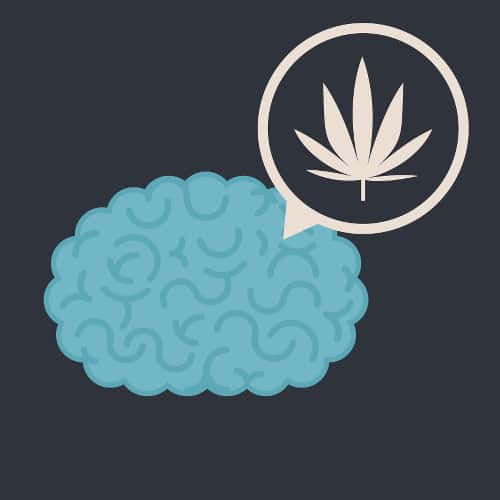More than 21 percent of 12-graders used marijuana within the past month, according to a survey conducted by Monitoring the Future and reported by the National Institute of Drug Abuse. Nearly six percent of the teens in that age category reported using daily and more than 80 percent said the drug was easy to get. While those numbers remained stable from 2013, they have been steadily increasing in recent years, raising red flags among substance abuse specialists and the medical community.
In addition to the rise in usage, shifting attitudes about the safety of marijuana are concerning experts. NIDA reports that in 2014, only 36.1 percent of teens thought regular marijuana use put the user at great risk, versus 39.5 percent in 2013 and 52.4 percent in 2009. In light of recent studies, it appears these perceptions are inaccurate, which could lead to even more problems with marijuana use among teens in the future.
What is THC?
Delta-9-tetrahydrocannabinol (THC) is the active ingredient in marijuana that gives users their “high.” This chemical passes through the lungs (when marijuana is smoked) and into the bloodstream, where it is then transported to every organ of the body. When THC reaches the brain, serious changes can occur that can impact a young user at the time and into the future.
Specifically, THC attaches to cells in the brain that contain cannabinoid receptors. These receptors affect parts of the brain that influence concentration, memory, thinking and pleasure. This chemical affects the body’s release of dopamine, which creates feelings of pleasure or the “high” associated with marijuana. THC can also impact problem solving, coordination, time perception and mood.
Studies on THC
The impacts of THC on the teenage brain can have lasting effects, according to numerous studies that have been conducted on the topic. At the annual convention for the American Psychological Association in 2014, some of the problems associated with marijuana use in teens and young adults include cognitive decline, decreased IQ and impaired memory. The organization cited evidence that shows regular cannabis use (at least once per week) led to an increased risk of neurocognitive damage and a higher risk of addiction.
Experts point to the fact that today’s marijuana contains much higher concentrations of THC than marijuana used in the 1970s or even the 1990s. More THC may mean more damage to the brain, which can be permanent for some users. Duke researchers studying marijuana use in New Zealand found that teens that began using marijuana and continued into adulthood could lose as many as eight IQ points. The more frequent the marijuana use or the younger the marijuana use started, the greater the IQ decline.
Marijuana is often considered a “social” drug, but like other drugs, marijuana can take its toll on the mind and body. If you or a loved one is suffering the effects of marijuana use, we can help. Contact Visions Adolescent Treatment Centers at 866-889-3665 to learn about our programs and get help now for your addiction.
Originally posted on May 8, 2015 @ 2:43 pm








